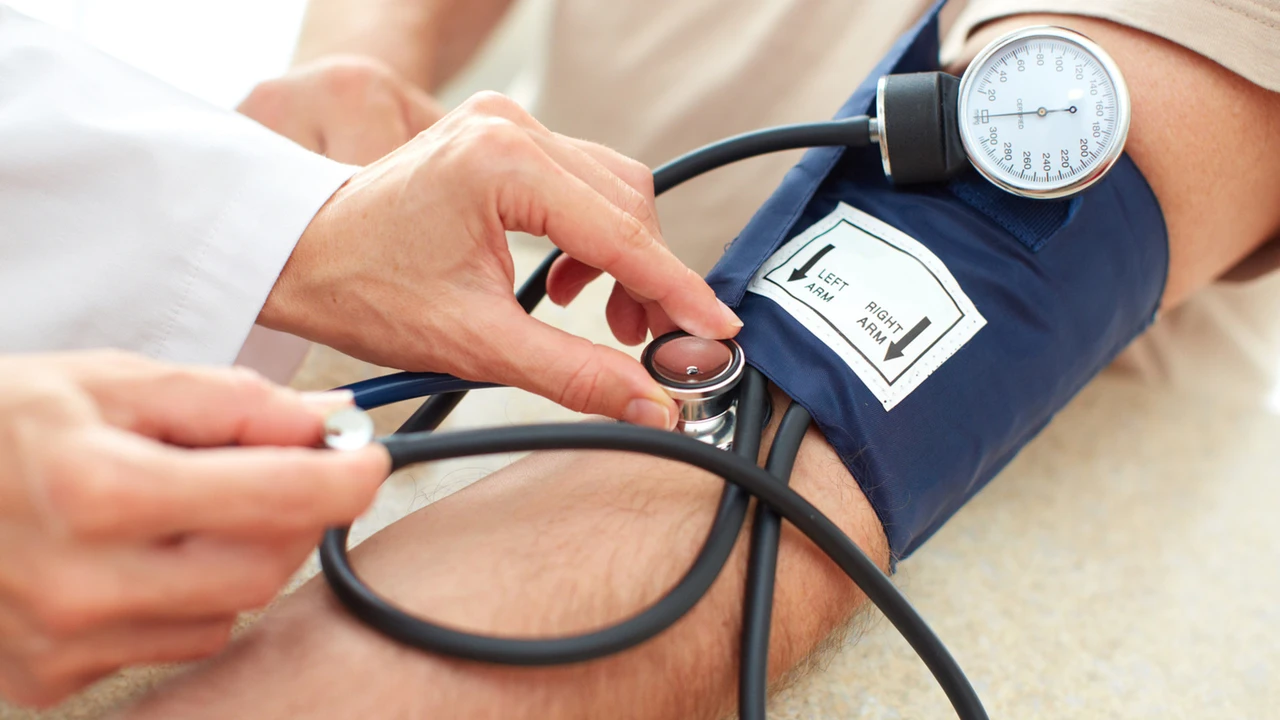Blood Pressure Medication: What You Need to Know
High blood pressure often shows no symptoms, yet it raises the risk of heart attack, stroke, and kidney damage. The good news: the right medication can cut that risk a lot. This page gives clear, practical info on common drug types, likely side effects, and easy ways to manage treatment so medications actually work for you.
Common types and how they work
Different drugs lower blood pressure in different ways. Your doctor picks one based on your health, other meds, and how high your pressure is. Here’s a quick rundown:
- Diuretics (water pills) — Examples: hydrochlorothiazide, chlorthalidone. They remove extra salt and water to lower pressure.
- ACE inhibitors — Examples: lisinopril, enalapril. They relax blood vessels. Watch for a dry cough as a common side effect.
- ARBs (angiotensin II receptor blockers) — Examples: losartan, valsartan. Similar to ACE inhibitors but usually without the cough.
- Calcium channel blockers — Examples: amlodipine, nifedipine. They ease the heart’s workload and widen blood vessels. Some can cause swelling in the ankles.
- Beta-blockers — Examples: metoprolol, atenolol. They slow the heart rate and lower pressure. They may cause fatigue or cold hands.
How to use meds, watch for problems, and get better results
Want these drugs to help you, not cause trouble? Try these practical tips:
- Take meds the same time every day. Missing doses makes them less effective.
- Don’t stop suddenly. Some drugs need tapering under your doctor’s guidance.
- Check blood pressure at home. Bring a log to appointments so your doctor can adjust doses based on real readings.
- Know the common side effects: dizziness, cough (ACE inhibitors), swelling (calcium channel blockers), frequent urination (diuretics), tiredness (beta-blockers). Call your doctor for severe symptoms like fainting, chest pain, or severe swelling.
- Be careful with other drugs and supplements. NSAIDs (ibuprofen) can blunt blood pressure meds. Grapefruit affects some calcium channel blockers. Tell your doctor about all medicines and herbs you take.
- If you’re pregnant or planning pregnancy, avoid ACE inhibitors and ARBs — ask your doctor for safer options.
Lifestyle changes matter. Cutting salt, losing a bit of weight, moving more, and limiting alcohol often lets you use lower doses or fewer drugs. That doesn’t replace medication when it’s needed, but it helps.
If you’re unsure which medication fits you, or if side effects bother you, talk to your doctor or pharmacist. Small changes in dose or switching classes often fix problems. Keep a record, ask questions, and stay consistent — that’s how you get the best results from blood pressure medication.
The Impact of Irbesartan Hydrochlorothiazide on Quality of Life
Today, I want to chat about something that's been on my mind - the impact of Irbesartan Hydrochlorothiazide on our quality of life. Honestly, it's astonishing when you start unraveling the science behind this blood pressure medication. We'll delve deeper into the linkages between this medicine and our overall well-being. Also, we will discuss if it's actually improving the quality of life for those who are prescribed it. Join me as we explore this riveting topic together!
View more
